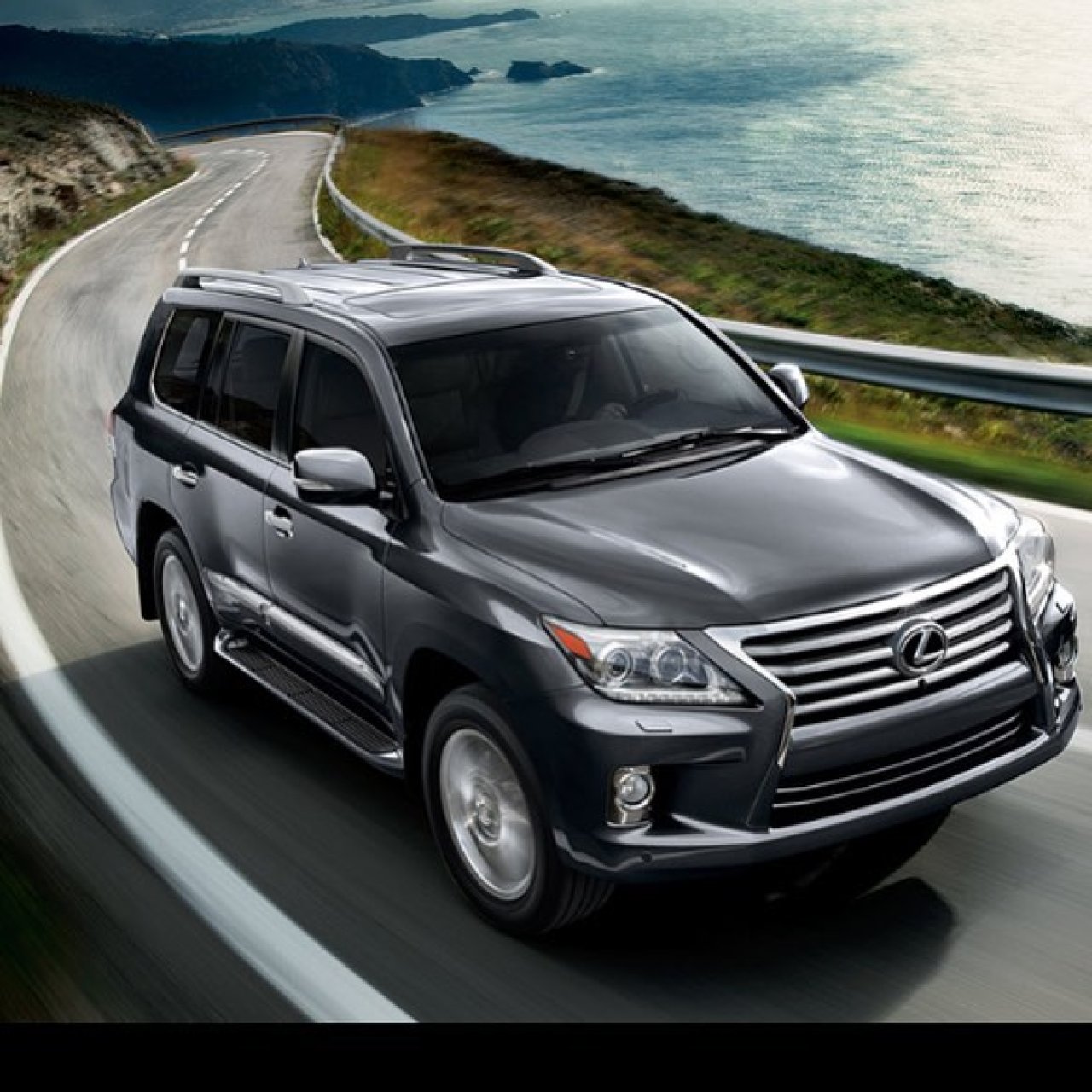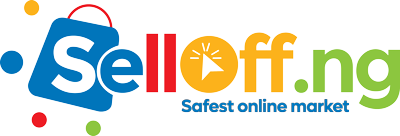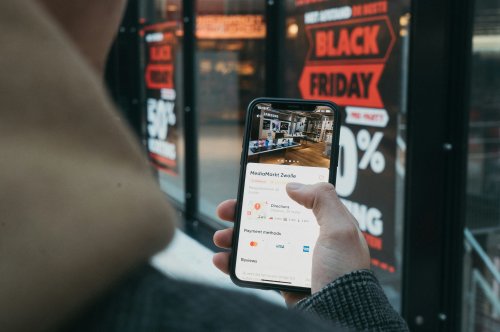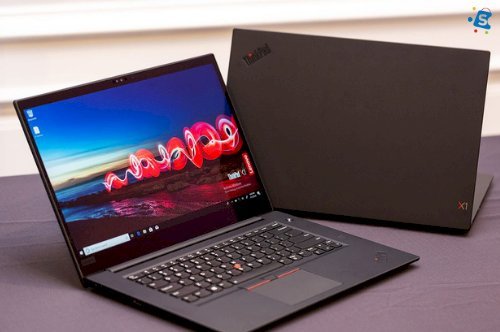Navigating the Nigerian Used Car Market in 2024: A Comprehensive Guide to Prices and Trends

Introduction:
In Nigeria, the used car market has always been vibrant and dynamic, reflecting the diverse needs and preferences of its populace. As we delve into 2024, the landscape of this market continues to evolve, influenced by factors ranging from economic conditions to technological advancements. For anyone considering buying or selling a used car in Nigeria, staying abreast of the latest prices and trends is essential. In this comprehensive guide, we'll explore the current state of the Nigerian used car market, focusing on the prices of both tokunbo (foreign-used) and Nigerian-used cars.
Tokunbo Cars:
Tokunbo cars, imported from overseas markets, have long been a popular choice for Nigerian consumers seeking reliable vehicles at competitive prices. In 2024, the prices of tokunbo cars have seen fluctuations driven by various factors:
- Exchange Rate Dynamics: The Nigerian Naira's performance against major currencies such as the US Dollar and Euro significantly impacts the prices of tokunbo cars. Fluctuations in exchange rates can lead to price adjustments, affecting affordability for consumers.
- Import Policies: Changes in government regulations regarding the importation of vehicles can influence the availability and prices of tokunbo cars. Import duties, tariffs, and restrictions imposed by authorities play a crucial role in shaping market dynamics.
-
Demand and Supply: Consumer demand for specific makes and models, coupled with the availability of inventory in overseas markets, can influence tokunbo car prices. Popular brands and models may command higher prices due to increased demand.
As of 2024, the average prices of tokunbo cars in Nigeria vary widely depending on factors such as brand, model year, mileage, and condition. For example, a tokunbo Toyota Camry manufactured in 2018 may range from ₦4.5 million to ₦6 million, while a tokunbo Honda Accord of the same year could be priced between ₦4 million to ₦5.5 million.
Nigerian Used Cars:
In contrast to tokunbo cars, Nigerian used cars, also known as "registered" or "locally used" vehicles, are those that have been previously owned and driven within the country. The prices of Nigerian used cars are influenced by similar factors as tokunbo cars, but with additional considerations:
- Maintenance History: The maintenance record of a Nigerian used car significantly impacts its resale value. Vehicles with documented service history and regular maintenance tend to command higher prices in the market.
- Mileage and Condition: Like tokunbo cars, the mileage and overall condition of Nigerian used cars play a crucial role in determining their prices. Well-maintained vehicles with lower mileage typically fetch higher prices compared to those with high mileage and signs of wear and tear.
- Market Trends: Consumer preferences and market trends also influence the prices of Nigerian used cars. Popular models with a reputation for reliability and fuel efficiency may command premium prices, while less sought-after vehicles may be priced more competitively.
In 2024, the average prices of Nigerian used cars vary depending on factors such as brand, model, mileage, and condition. For instance, a Nigerian-used Toyota Corolla manufactured in 2016 may range from ₦2.5 million to ₦3.5 million, while a Nigerian-used Honda Civic of the same year could be priced between ₦2 million to ₦3 million.
Conclusion:
Navigating the Nigerian used car market in 2024 requires a thorough understanding of pricing trends, market dynamics, and individual vehicle factors. Whether you're in the market for a tokunbo car or a Nigerian used car, conducting research, inspecting vehicles thoroughly, and negotiating effectively are essential steps to ensure a satisfactory purchase or sale. By staying informed about the latest prices and trends, consumers can make informed decisions and navigate the Nigerian used car market with confidence in 2024 and beyond.







